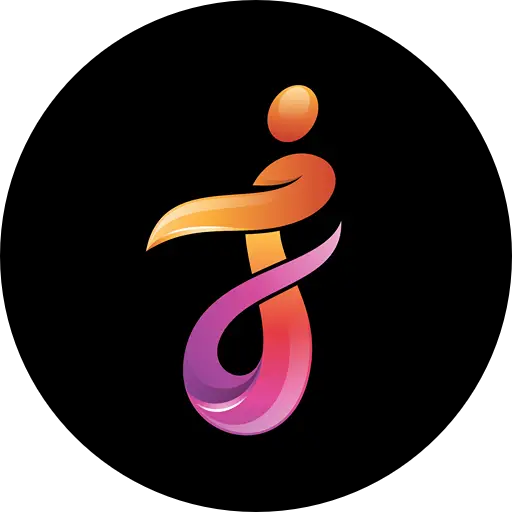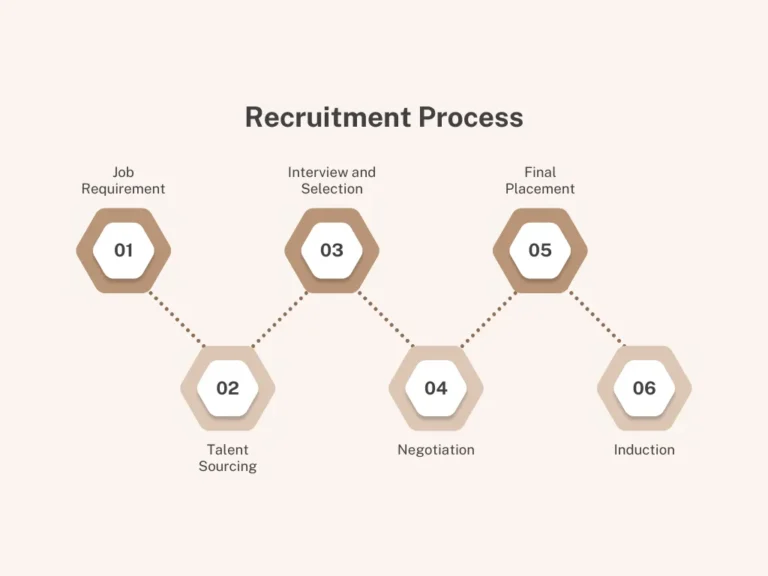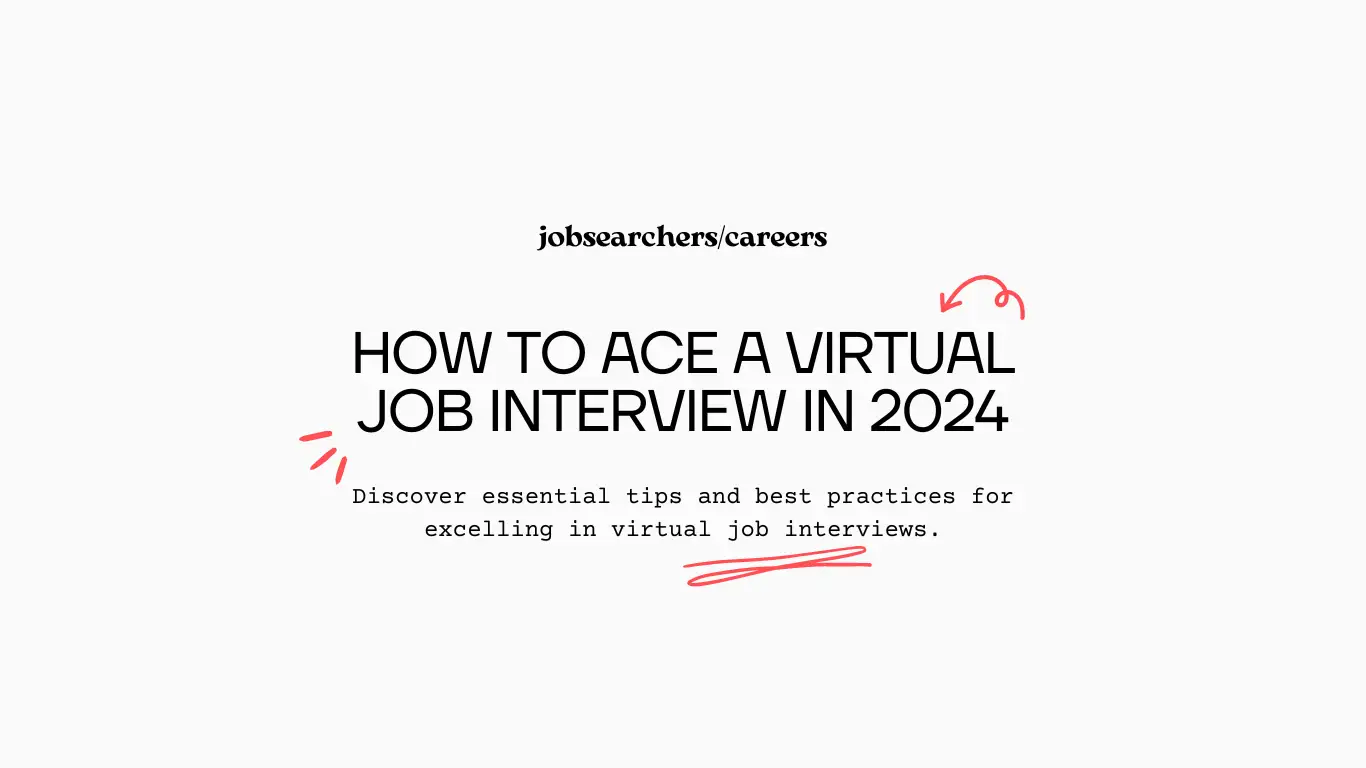Table of Contents
Introduction
In 2024, the recruitment process continues to evolve, with employers seeking specific traits, skills, and experiences that align with their company’s goals. Understanding what employers are looking for can significantly enhance your chances of landing the job. This guide breaks down the stages of the recruitment process and provides insights into what recruiters prioritize when evaluating candidates.
1. Stages of Recruitment: A Step-by-Step Overview
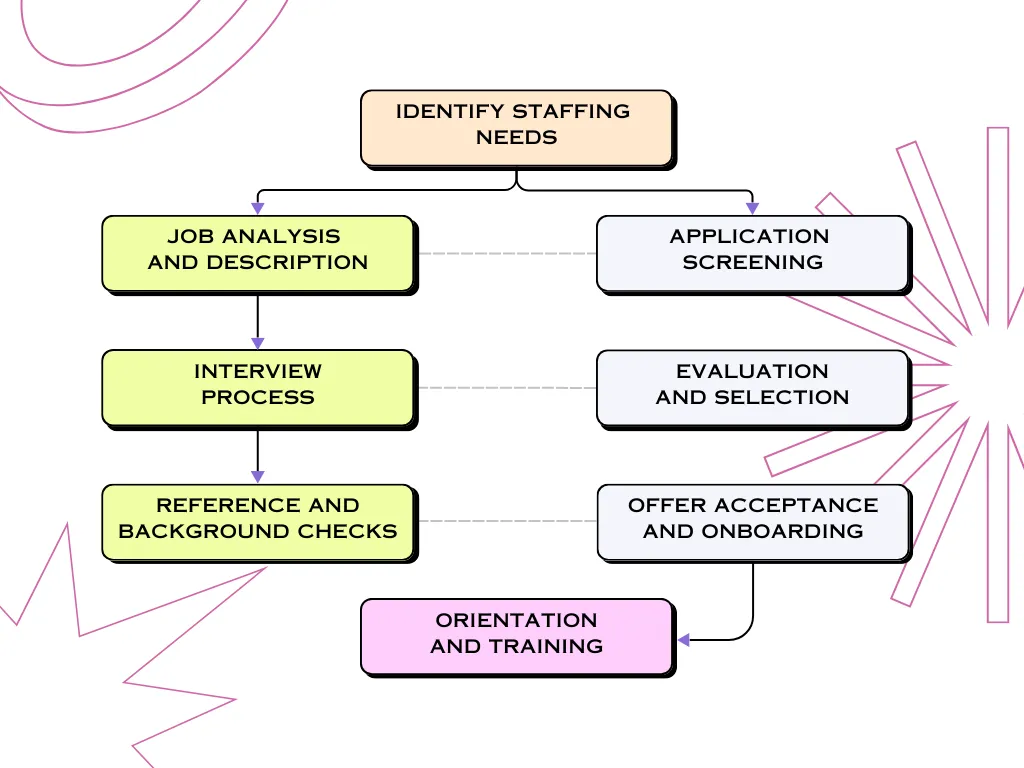
The recruitment process generally involves several key stages. Here’s a breakdown:
- Job Posting: Companies post job openings on various platforms, including job boards, company websites, and social media.
- Application Submission: Candidates submit their resumes, cover letters, and any required documents.
- Screening: Recruiters screen applications, often using an Applicant Tracking System (ATS) to filter out unqualified candidates.
- Initial Interview: This can be a phone or video interview to gauge your basic qualifications and interest.
- Assessment Tests: Depending on the role, candidates may be required to take tests that assess skills, personality, or cognitive abilities.
- Final Interview: Usually conducted in-person or via video, this interview dives deeper into your experience, skills, and cultural fit.
- Background Check and References: Employers may conduct background checks and contact references to verify your credentials.
- Job Offer: If successful, you’ll receive a job offer outlining the terms of employment.
- Onboarding: Once you accept the offer, the onboarding process begins to integrate you into the company.
2. What Recruiters Look For in 2024
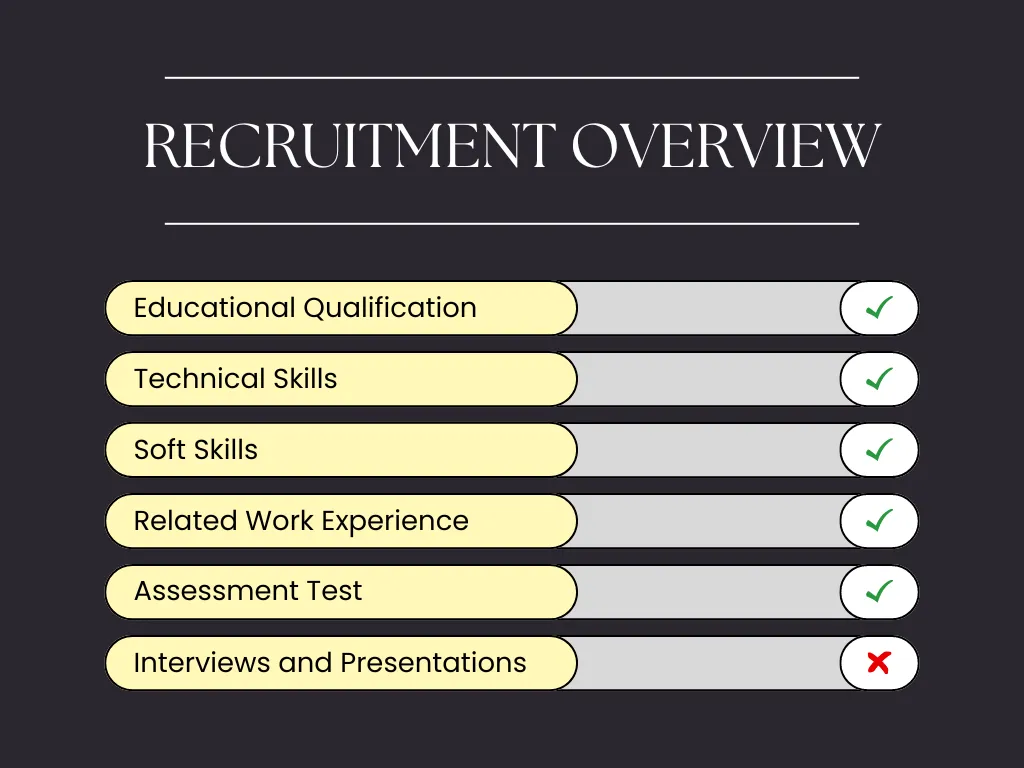
2.1. Skills and Qualifications
Recruiters prioritize candidates with skills that match the job description. However, in 2024, there’s a growing emphasis on soft skills and adaptability. Employers are looking for:
- Technical Skills: Proficiency in specific tools, software, or methodologies relevant to the job.
- Problem-Solving Abilities: The ability to think critically and solve complex problems is highly valued.
- Communication Skills: Clear, effective communication is crucial, both in writing and speaking.
- Adaptability: The ability to adapt to new technologies, processes, and environments is increasingly important.
- Cultural Fit: Employers seek candidates who align with the company’s values and culture.
2.2. Experience
While experience is still essential, 2024 sees a shift towards relevant experience rather than just the number of years worked. Employers prefer candidates who have:
- Relevant Industry Experience: Direct experience in the industry or similar roles.
- Project-Based Experience: Demonstrated experience in managing or contributing to specific projects.
- Leadership Experience: Even if the role is not managerial, leadership experience is often a plus.
2.3. Educational Background
Educational qualifications are still considered, but there’s an increasing focus on:
- Specialized Education: Degrees or certifications in fields relevant to the job.
- Continual Learning: Ongoing education, such as online courses or professional development programs, shows a commitment to growth.
2.4. Work Ethic and Attitude
Employers value candidates who display:
- A Positive Attitude: Optimism and enthusiasm for the role and company.
- Strong Work Ethic: A history of dedication, reliability, and a willingness to go the extra mile.
- Team Collaboration: The ability to work well with others and contribute to a team’s success.
3. Common Screening Methods
3.1. Applicant Tracking Systems (ATS)
Many companies use ATS to manage large volumes of applications. To pass this initial screening, ensure that your resume:
- Uses Keywords: Incorporate keywords from the job description naturally into your resume.
- Is Well-Formatted: Avoid complex designs that ATS may not read correctly; stick to clean, simple formatting.
- Includes Relevant Experience: Highlight the experience and skills that are most relevant to the job.
3.2. Behavioral Interviews
Behavioral interviews are designed to assess how you’ve handled situations in the past. To prepare:
- Use the STAR Method: Structure your answers using the Situation, Task, Action, Result framework.
- Be Specific: Provide concrete examples of your past experiences that demonstrate the skills the employer is looking for.
3.3. Skills Assessments
Skills assessments can include tests for:
- Technical Skills: Specific to the job, such as coding challenges for software developers.
- Cognitive Abilities: Assessments of logical thinking, problem-solving, and numerical reasoning.
- Personality Tests: Evaluations of your personality traits and how they fit with the company culture.
4. Preparing for the Interview
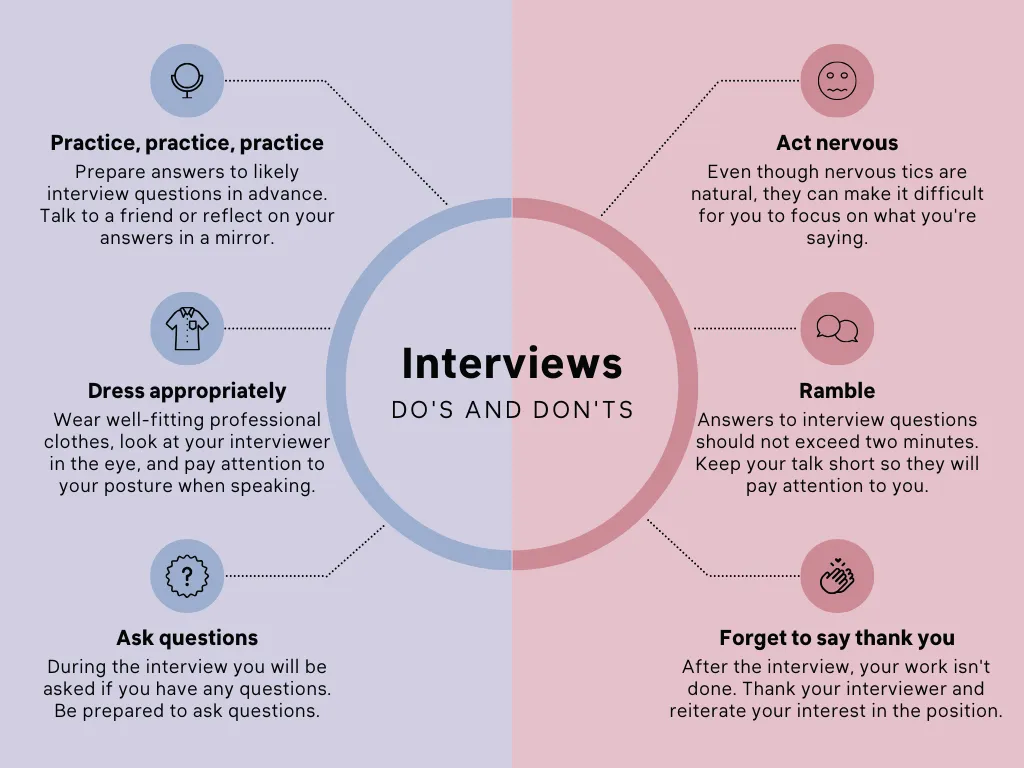
4.1. Research the Company
Before your interview, research the company thoroughly:
- Company Values and Culture: Understand the company’s mission, values, and workplace culture.
- Industry Position: Know where the company stands in the industry and its key competitors.
- Current Projects and Challenges: Be aware of the company’s latest projects, products, and any challenges they face.
4.2. Practice Common Interview Questions
Prepare answers for common interview questions, such as:
- Tell me about yourself.
- Why do you want to work here?
- Describe a challenging situation you’ve faced at work and how you handled it.
4.3. Prepare Your Questions
Have thoughtful questions ready for the interviewer, such as:
- What does success look like in this role?
- Can you tell me about the team I would be working with?
- What are the next steps in the interview process?
5. Negotiation Tactics: Securing the Best Offer
5.1. Understand Your Value
Before negotiating, research:
- Industry Salary Standards: Know the average salary for your role in INR.
- Company Benefits: Consider the full compensation package, including benefits, bonuses, and other perks.
5.2. Effective Negotiation Strategies
- Be Prepared: Have data and reasons ready to justify your salary request.
- Stay Professional: Keep the tone positive and professional during negotiations.
- Consider the Full Package: If the salary offer is non-negotiable, ask about additional benefits, work flexibility, or opportunities for advancement.
Conclusion
Understanding the recruitment process and knowing what employers look for in 2024 gives you a significant advantage in your job search. By focusing on the skills, experience, and qualities that matter most to recruiters, and preparing thoroughly for each stage of the process, you can position yourself as a top candidate.
Join in out telegram group for daily job updates
Find more full time job opportunities available
